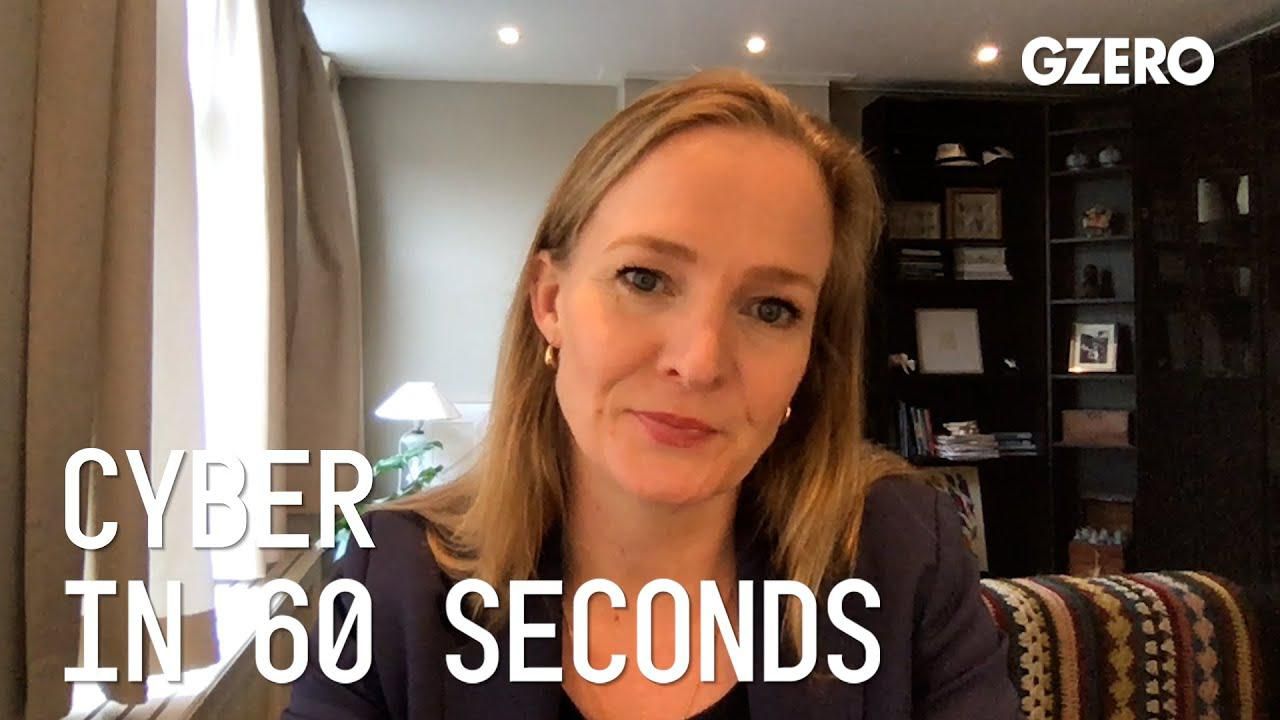Cyber in 60 Seconds
Impact of Microsoft hack deepens; why cyber attacks target healthcare

Impact of Microsoft Hack Deepens | Why Cyber Attacks Target Healthcare | Cyber In :60 | GZERO Media

Marietje Schaake, International Policy Director at Stanford University's Cyber Policy Center and former European Parliamentarian, shares insights on the latest news about big tech, privacy protection and emerging trends in cyberspace.
What is the deal with the recently revealed Microsoft hack?
Well, it's the second hack of historic proportions after SolarWinds. At first, it was considered a targeted Chinese effort to go after individuals critical to the state. But last week we saw escalations with victims now estimated in the tens, if not hundreds of thousands. And the US government CISA called on all organizations in all sectors to follow guidance and to patch the vulnerabilities that are being exploited, even if that does not stop already gained access by hackers.
Why is the healthcare sector increasingly a target for cyberattackers?
Well, sadly, because it's too lucrative. People share sensitive data with doctors and hospitals, and criminals as well as state hackers are after money, by holding the data ransom or by going after key information, for example, about COVID-19 vaccines. So, it's crucial to increase the price that perpetrators pay for their actions. The accountability gap really needs to be closed. And the CyberPeace Institute, where I serve as president, just released, fresh off the press, a new report mapping the methods, but also giving policy recommendations. The report is called "Playing with Lives: Cyberattacks on Healthcare are Attacks on People." And I think the report answers the why and how of cyberattacks on healthcare better than I can.
Prime Minister Narendra Modi, with President of the European Council António Luís Santos da Costa, and President of the European Commission Ursula von der Leyen, at Hyderabad House, in New Delhi, India, on Jan. 27, 2026.
On Tuesday, the world’s largest single market and the world’s most populous country cinched a deal that will slash or reduce tariffs on the vast majority of the products they trade.
Canadian Prime Minister Mark Carney has repeatedly tussled with US President Donald Trump, whereas Mexican President Claudia Sheinbaum has tried to placate him. The discrepancy raises questions about the best way to approach the US leader.
10,000: The number of Hamas officers that the militant group reportedly wants to incorporate into the US-backed Palestinian administration for Gaza, in the form of a police force.
Walmart is investing $350 billion in US manufacturing. Over two-thirds of the products Walmart buys are made, grown, or assembled in America, like healthy dried fruit from The Ugly Co. The sustainable fruit is sourced directly from fourth-generation farmers in Farmersville, California, and delivered to your neighborhood Walmart shelves. Discover how Walmart's investment is supporting communities and fueling jobs across the nation.